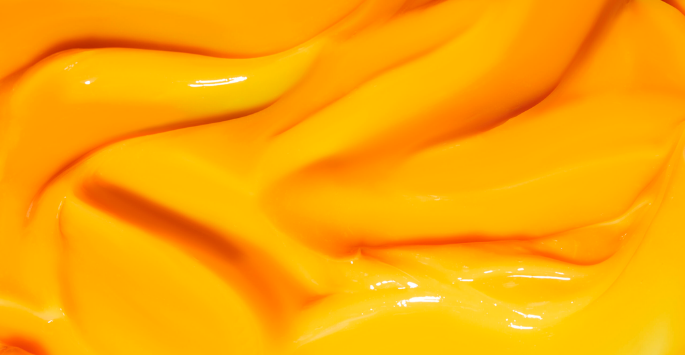
We’re all aware of the immune system benefits of vitamin C, but what benefits does it have for your skin? Well, as it turns out, quite a lot.
Vitamin C, first and foremost, is a powerful antioxidant. In fact, it’s so effective at deflecting damage from free radicals that we recommend it just as much as your SPF. We would never go so far as to suggest that it can replace your sunscreen because it absolutely cannot. However, if you flat out refused to wear sunscreen we’d still rather you at least apply vitamin C to your skin than nothing at all.
The reason we recommend pairing your sunscreen with an antioxidant like vitamin C all comes down to how much UV light your SPF actually blocks. If you look at a broad spectrum sunscreen with an SPF of 30+, it usually provides anywhere from 94—99% protection from UVA and UVB rays. The incredible thing with antioxidants is that they can help fill in that tiny percentage gap of protection by preventing the potential UV damage that comes with being out in the sun. Simply layer on your vitamin C lotion or serum right before your moisturizer and sunblock to make sure you get the full benefit.
Beyond its antioxidant properties, vitamin C does so much more for your skin but our favorites include stimulating collagen production, brightening your complexion, and helping your skin retain moisture. It can break up existing dark spots and regulate melanin production, meaning you’re less likely to have new dark spots form, and your skin’s moisture balance is restored, leaving you with firmer skin.
IS VITAMIN C SAFE FOR ALL SKIN TYPES?
The short answer is yes—any complexion can benefit from vitamin C. But it’s important to choose the right product to get the most out of it. Two important things to consider are the type of product containing the vitamin C and the percentage of vitamin C included. Most skin types are perfectly fine with something like Vitamin C, E & Ferulic Acid, a serum that delivers a vitamin C dose of 15% along with other antioxidant vitamins like E and ferulic acid. The serum allows for maximum absorption of your product, however, highly sensitive skin types might need a gentler approach. So if you’re one of those patients, you can either reduce usage to every other day, or try a gentle cream with more moisturizing power like Multi-Active Radiant C. It will soften and moisturize sensitive, dry, and mature skin while still providing your skin with an ample 10% dose of vitamin C.
ARE THERE DIFFERENT KINDS OF VITAMIN C IN SKINCARE?
Vitamin C comes in several different forms in skincare, including L-Ascorbic Acid (or just Ascorbic Acid), Sodium Ascorbyl Phosphate, Magnesium Ascorbyl Phosphate, Sodium Ascorbate, Calcium Ascorbate, and Ascorbyl Palmitate. The most common one is L-Ascorbic Acid and you should look for formulas that contain between 10%—20% of this ingredient. While all forms are beneficial to the skin, some are less potent than others. In general, L-Ascorbic Acid is the most potent and it can be helpful to know what's best for your skin. If your skin is sensitive, going with a milder form of C can yield better results, and if your skin is a little more resilient a stronger form of C will be your best option.
DOES IT MATTER HOW YOU STORE VITAMIN C?
Yes. Vitamin C, E & Ferulic Acid comes in an amber-colored glass bottle to reduce the amount of UV light reaching it. This will help keep your product effective and stable before it’s ready to be applied to your skin. And Multi-Active Radiant C comes in an airless, opaque bottle to preserve the active ingredient as well. Storing your vitamin C products at room temperature and out of sunlight will help extend their shelf life so you get the most out of them.
It's important to remember that vitamin C on it's own can be a somewhat unstable ingredient when it's exposed to UV light and air, making it possible that it will lose some of its efficacy over time. That's why our formulation that contains vitamin E and ferulic acid in an amber glass bottle works best in terms of preserving effectiveness. The vitamin E supports the vitamin C, and the ferulic acid supports vitamin E. The ingredients have been combined and tested to make sure that they all work to support each other and make the product the best possible solution in keeping your ingredients active for as long as possible.
If you want to learn more about what's in your skincare products, contact us at info@supriyamd.com or call our office at 561-805-9399 to book an appointment with us.
